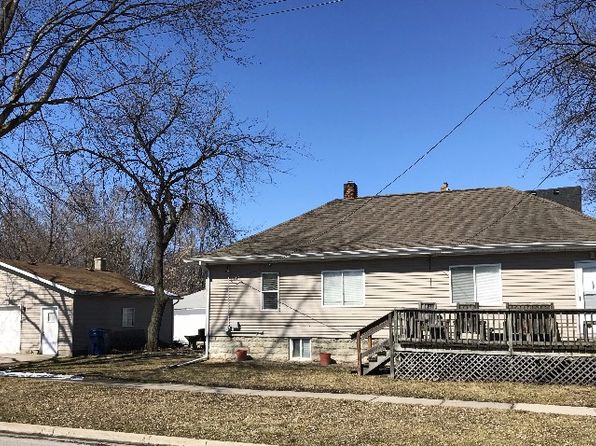
For example, Wayne County had a balance of $127.8 million in its delinquent tax revolving fund in 2019. This has led to claims of counties balancing their budgets on property owners’ misfortunes. State law allows county boards of commissioners to transfer any excess funds into counties’ general funds. If needed, counties use short-term borrowing to cover the costs of the delinquent tax revolving fund, but they charge much more interest on overdue taxes than they pay for borrowing, leading to excess dollars in the fund from both interest and fees and tax foreclosure sales. The counties forward money from the fund to local governments to cover the unpaid taxes and try to collect the delinquent taxes to recoup the unpaid amounts. After one year unpaid, local governments hand over their overdue accounts to the county. The General Property Tax Act, as amended in 1999, requires counties to act as delinquent tax collectors for their constituent local units of government and to deposit the proceeds from delinquent taxes and fees, as well as from the sale of tax foreclosed property, into their delinquent tax revolving fund. Tax foreclosure and the Delinquent Tax Revolving Fund The city has been charged with overtaxing homeowners by an estimated $600 million by over-assessing property during this time period. The issues around property tax foreclosure and counties’ use of delinquent tax revolving funds are statewide problems, but they have been particularly difficult in Detroit, where one-third of properties have gone through tax foreclosure since 2008. As was the case for Rafaeli, Oakland County foreclosed on Ohanessian’s property for the delinquency, sold his property at auction for $82,000, and retained all the proceeds in excess of Ohanessian’s tax debt. Ohanessian owed approximately $6,000 in unpaid taxes, interest, penalties, and fees from 2011. The property was ultimately foreclosed and sold at auction to recoup the unpaid taxes, interest, and penalties with the proceeds from the $24,500 sale going to Oakland County. Rafaeli, who underpaid his 2014 property tax bill by $8.41 ended up owing $285 with interest and penalties. The ruling stems from the cases of Uri Rafaeli and Andre Ohanessian. The ruling has been described as a “bombshell,” and for good reason: It cuts off what is, in some counties, a major revenue stream. The Michigan Supreme Court recently ruled that local governments cannot keep the surplus proceeds from property sales resulting from tax foreclosures. These issues have contributed to the tax foreclosure crisis in many communities, notably in Detroit. This ruling does nothing to address issues related to over-assessment or the high interest and penalties charged to delinquent taxpayers.The state legislature will have to replace the current law with one that passes constitutional muster the extent to which a new law will change the current tax foreclosure system remains to be seen.Until now, some counties have used money from these sales to finance a number of services, including blight remediation and general budget balancing. The Michigan Supreme Court recently ruled that a state law allowing county treasurers to keep surplus proceeds from tax foreclosure sales is unconstitutional.March 1, 2022: Property forfeited to County Treasurer, $175 fee added (title search), $60 fee added (recording), $7.10 fee added (notice), 1.By February 1, 2022: 4th delinquent notice sent via 1st class mail.October 1, 2021: $15 fee added (mailing expenses).September 1, 2021: 3rd delinquent notice sent via 1st class mail.June 1, 2021: 2nd delinquent notice sent via 1st class mail.April 2021: 1st delinquent notice sent via 1st class mail (courtesy).March 1, 2021: Unpaid 2020 Real Property taxes for City and Townships transferred to County Treasurer (4% admin fee added, 1% monthly interest).February 14, 2021: 2020 winter taxes due for City and Townships.December 1, 2020: 2020 winter tax bills mailed by City, Township Treasurers.September 15, 2020: Unpaid 2020 Real Property taxes for Villages transferred to County Treasurer (4% admin fee added, 1% monthly interest).September 14, 2020: 2020 summer taxes due for Townships and Villages.August 20, 2020: 2020 summer taxes due for City only.July 1, 2020: 2020 summer tax bills mailed by City, Township, Village Treasurers.

Public Act 123 - Property Foreclosure Time Line - 2020 Property Taxes


 0 kommentar(er)
0 kommentar(er)
